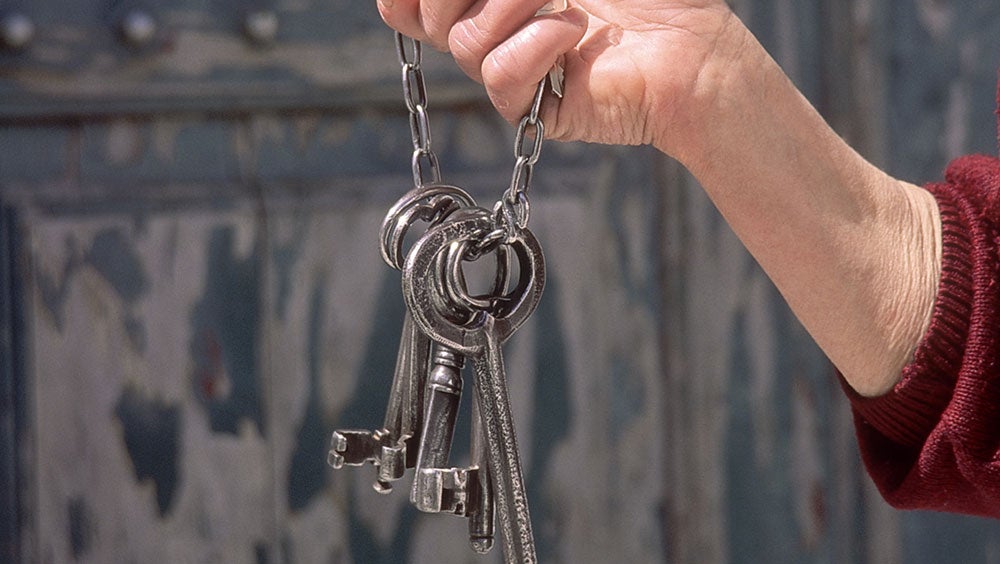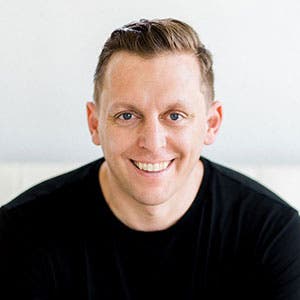
In the summer of 1991, I got my first job working as a part-time janitor at Olympus High School in my hometown of Salt Lake City, Utah. I was 14 years old. Like most folks, I assumed cleaning was easy and anyone could do it — including myself. Little did I know, I was 100% wrong, and it is a lesson that I continue to share to this day.
After nearly 20 years working as a consultant and professional trainer for large-scale cleaning operations, I found that my first day started the same way most custodians’ first days on the job started. I walked into the Head Custodian’s office and was assigned a set of keys and told to work hard. That was my training. With an eager “yes, sir,” I took my first assignment: deep clean the building housing the Auto Shop. It was the dirtiest building in the entire school for obvious reasons — motor oil, engine dirt, brake dust covered the floors, walls and windows.
I spent my entire first day on top of a scaffold. I cleaned the ceiling and beams with an assortment of chemicals, expertly concocted by my immediate supervisor and a rag that used to be a t-shirt from Foghat’s 1976 “Fool for the City” tour. I spent four hours that summer day reaching overhead to scrub whatever I could get. I was sore, exhausted, and covered head-to-toe in dirt and dust by the end, and I learned janitorial work is one of the most physically and mentally challenging jobs a person can do. It is why I have so much passion for my educational and consulting work.
Despite cleaning work being a critical piece of any job in the service industry, we, as a profession, still struggle to teach proper procedures, safe chemical handling and sound ergonomic techniques. This is because there are limited options for most cleaning operations to educate and train their staff. Most training is either generic, designed for too broad of an audience, outdated, or a combination of the three. As a result, most cleaning operations have had to develop their own, which is costly, time-consuming and difficult to maintain. Moreover, a fundamental question remains: At the very minimum, what should a janitor know before starting their job and more importantly, how do we measure and acknowledge comprehension?
Over the past year and a half, I’ve been working with CloroxPro to help build an essentials course focusing on the critical knowledge needed by any cleaning worker, in any setting, at any stage in their career, whether they are new to the industry or a seasoned veteran. It is called the CloroxPro™ HealthyClean™ Trained Specialist Certificate Course.
When CloroxPro set out to build this program, there were four main criteria:
- Comprehensive enough to provide meaningful information but brief enough to only require one session
- Product agnostic and useful information that is applicable across all markets
- Non-exclusive and available industry-wide
- Best-in-class certificate program with concrete learning outcomes.
The team of stakeholders who developed the course included experienced international instructional designers, leading academics from the facility management and healthcare fields, cleaning workers from building service contractors, and in-house segments. It was one of the very few times in my life where custodians, custodial managers, Ph.Ds, instructional designers, Masters of Public Health and marketing designers came together to collaborate on something extraordinary.
What makes this course so unique? Accreditation. As a testament to the course’s overall quality and CloroxPro’s leadership in the commercial cleaning industry, the CloroxPro™ HealthyClean™ Trained Specialist Certificate Course is the only industry-wide course accredited by the American National Accreditation Board (ANAB), a wholly owned subsidiary of the American National Standards Institute (ANSI). It is a historic milestone in the commercial cleaning industry and a first for the cleaning profession.
This means ANSI’s ANAB has independently audited and confirmed the course meets the requirements set forth by the ANSI/ASTM Standard Practice for Certificate Programs. For context, it is the same accreditation for federal, state, local, and private food handling certificates, fitness programs, facility management, and several different law enforcement and U.S. Army combat certificate forces.
Why does this matter? Quality. Pulling together an educational course that we feel is strong and will resonate is only one piece of the puzzle. Engaging an authoritative third party to accredit this program to ensure alignment with internationally recognized standards for quality education is what the cleaning profession has needed for a long time. Advancing the craft of cleaning begins with the best-in-class training.
If I would have had a program like this back in 1991, I can only imagine how differently my first day would have gone.
If you have questions or are interested in learning more about the CloroxPro™ HealthyClean Trained™ Specialist Certificate Course, please visit www.CloroxPro.com/healthyclean.






